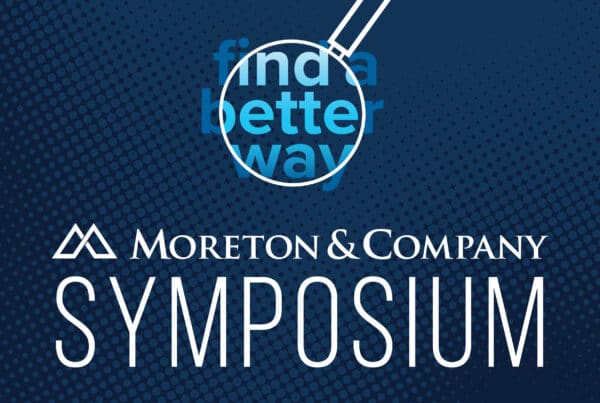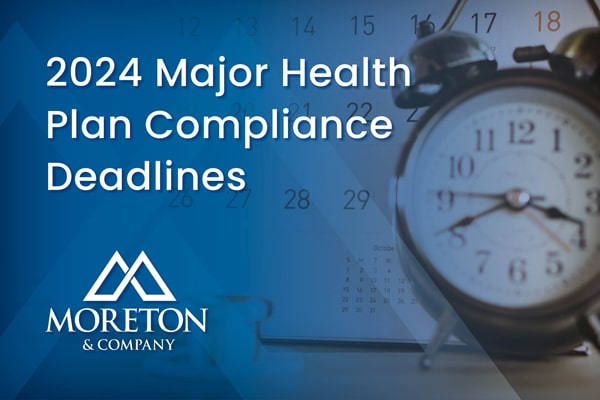
Sexual Harassment Investigation
Interview Questions
Investigating claims of sexual harassment (or other forms of harassment) can be a complex and sensitive process. You need to ask the right questions to ensure the investigation is fair, thorough, ethical, and effective. The following sample interview questions are designed to do just that. Key elements of effective questions include:
- Approaching all parties with respect and professionalism.
- Using open-ended questions that allow for thorough answers.
- Keeping an open mind and remaining objective.
- Avoiding “leading questions” that may influence the interviewee’s answers.
- Taking detailed notes.
Questions to Ask the Complainant
- Who committed the harassment?
- What exactly occurred or was said?
- When did it occur and is it still ongoing?
- Where did it occur?
- How often did it occur?
- How did you react?
- What response did you make when the incident(s) occurred or afterwards?
- How did the harassment affect you?
- Has it affected your job in any way?
- Are there any persons who have relevant information?
- Was anyone present when the harassment occurred?
- Did you tell anyone about it?
- Did anyone see you immediately after episodes of harassment?
- Did the person who harassed you harass anyone else?
- Do you know whether anyone complained about harassment by that person?
- Are there any notes, physical evidence, or other documentation regarding the incident(s)?
- How would you like to see the situation resolved?
- Do you know of any other relevant information?
Questions to Ask the Alleged Harasser
- What is your response to the allegations?
- If the harasser claims that the allegations are false, ask why the complainant might lie.
- Are there any persons who have relevant information?
- Are there any notes, physical evidence, or other documentation regarding the incident(s)?
- Do you know of any other relevant information?
Questions to Ask Third Parties
- What did you see or hear?
- When did this occur?
- Describe the alleged harasser’s behavior toward the complainant and toward others in the workplace.
- What did the complainant tell you?
- When did they tell you this?
- Do you know of any other relevant information?
- Are there other persons who have relevant information?
Keep in mind that your documentation could become part of legal proceedings. Clarity and objectivity in your questions are important elements of a successful investigation.


